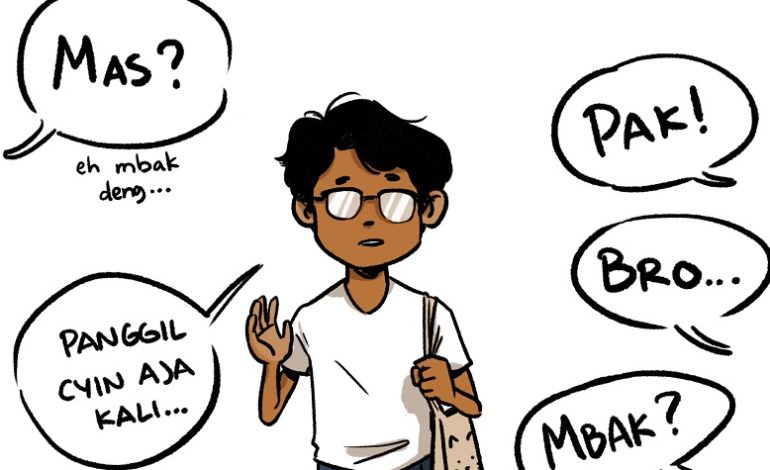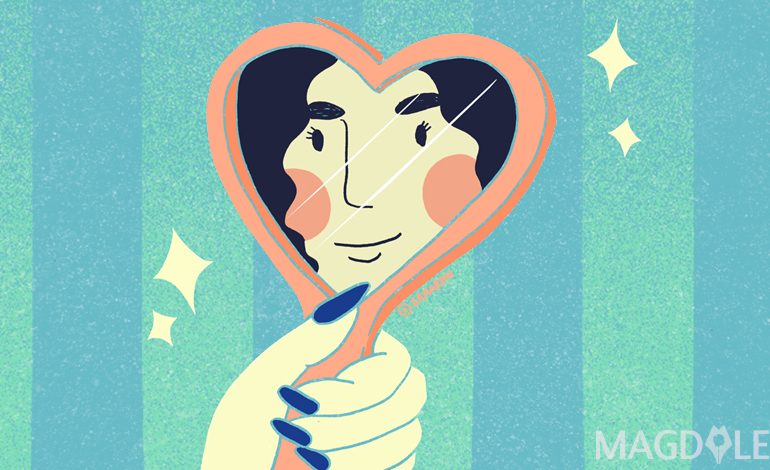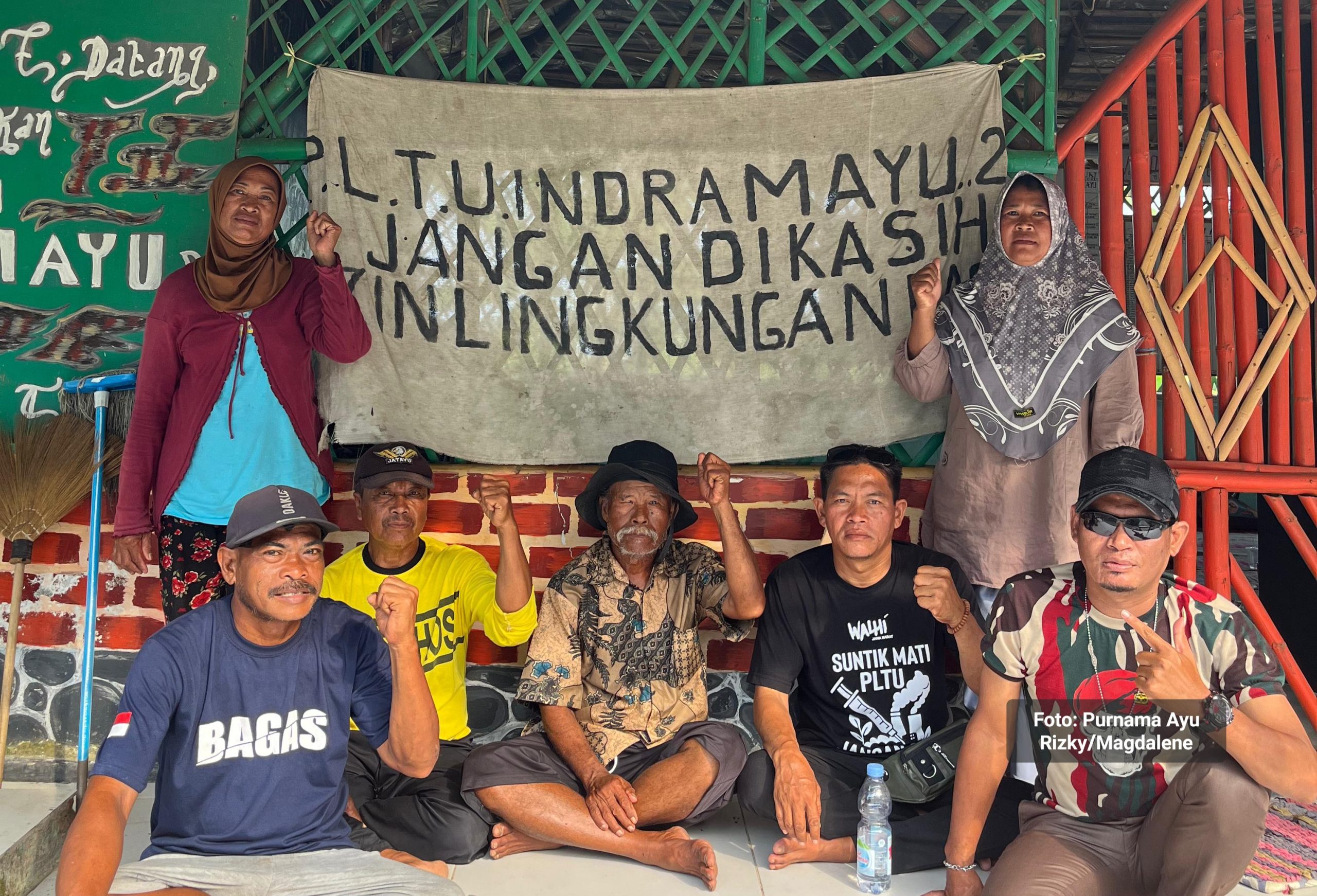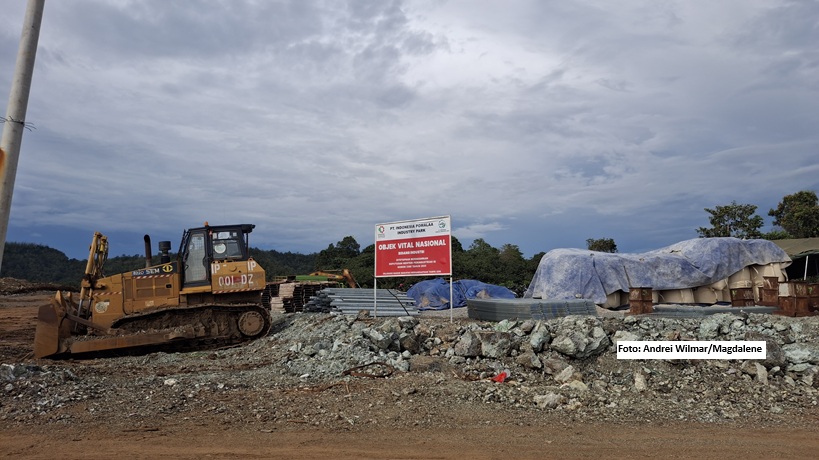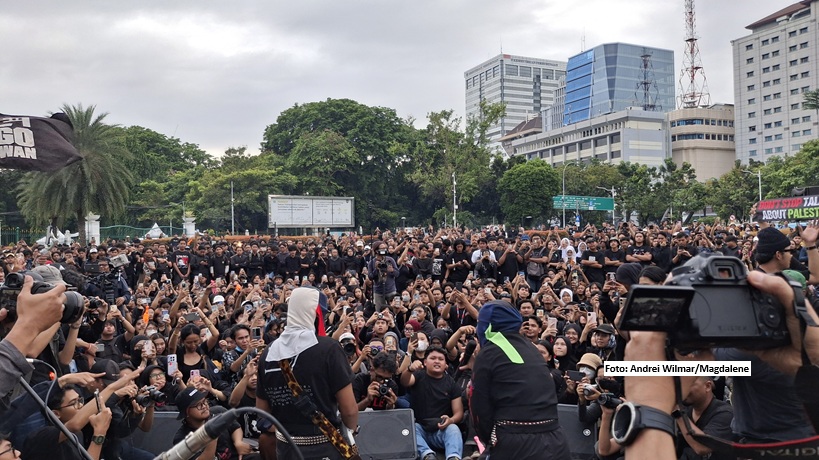How Facebook Shapes Our Current (Political) Reality
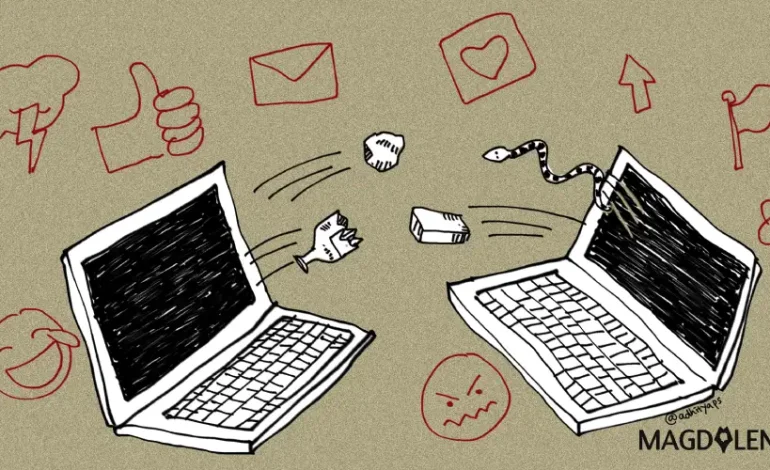
I listened to an interview between political scientist Yascha Mounk and newspaper editor Peter Wolodarski, on the rise of far-right party Sweden Democrats. Wolodarski said that English-language articles on crime and unrest in Sweden, published in right-wing outlets like Daily Mail or Breibart, circulated around the world before reaching Swedish readers on their social media, especially Facebook.
While many Swedes are puzzled that the Thor: Ragnarok scenario portrayed in the articles is far from their daily realities, some others believe that mainstream Swedish media hide the truth, and all their fear and anger are confirmed. Wolodarski argues that Brexit and Trump would not have happened without Facebook, and the social network has increased the popularity of fringe parties with radical views, especially far-right parties.
The internet has become a political coffee house for more than twenty years. When Mark Zuckerberg was in middle school, Indonesians with World Wide Web access made fun of the Soeharto dynasty through the Apakabar mailing list. Some people even printed the best jokes and rumors and photocopied them to share. Then we moved to Yahoo! Groups, while sharing Kompas and CNN news through e-mails.
Like many other social media, Facebook was initially marketed for students. At the time Indonesians looked for friends and dates on Friendster, while Westerners preferred MySpace. Indonesians began migrating to Facebook in the late 2000s, and many were impressed by its sleek layout, simple “Like” button, and privacy options.
In early 2010s, touchscreen smartphones became reliable and affordable, and 3G mobile connection was available worldwide. We no longer used our cell phone to call and text only, but also to access digital applications. Facebook became one of the most popular apps, and it’s no longer for kids. It has become a place to wish happy birthday, to share holiday pictures, to recommend restaurant, and eventually, to share news.
Somewhere along the line, however, Facebook changed from a platform to keep in touch with others to a platform to spread angry rumors. It is still too early to tell how we got from “Happy Birthday Auntie” to “Kill the Brutes”.
There are two recent articles on how Facebook strengthens ultranationalists in Myanmar and the Philippines. In both countries, mobile Internet has become affordable in the last five years, and Facebook launched Internet.org initiative (now named Free Basics), where the platform and a few other websites can be accessed for free.
Facebook users in Myanmar shared hate messages against the Rohingyas in Burmese scripts, and the community support team in the Philippines could not read them, so Facebook opened a desk in Malaysia with a couple of Burmese speakers. And even if Facebook policed the hate speech effectively, the Myanmar market is too dear for it to offend, and anti-Rohingya racism in Myanmar is a grassroot movement, with monks marching with common people against foreign intervention.
In the Philippines, Rodrigo Duterte doesn’t need a Facebook account to be popular – his team of celebrity supporters, including a trans rights activist, drives the national conversation to his favor. True to the president’s reputation, misogynistic memes and hoaxes are regularly shared to smear his female critics, including journalists, politicians, and foreign diplomats. His media strategists learn from Western far-right influencers to motivate the mass with anger, fear, and pride.
Meanwhile public reliance on Facebook as a source of information is coupled with distrust of mainstream media. In many countries, people reason that newspapers and television channels sell lies for profit and political agenda. Even students refuse to read major news websites for several reasons – they are not progressive enough, their reports and commentaries are boring, and the subscription price is not worth it.

I looked into several pro-Jokowi posts (including posts against his political rivals) shared by my Facebook network, and several of them were links to the blog site Seword, or from reputable news sites like Detik or Antara but with long personal commentary, or no link at all – the news is in the Facebook status. If this is how people I connect with share political news, there is something very wrong with the way we trade information, and it has nothing to do with education, since even the academics shared unverified stories.
Perhaps people believe a badly-written status shared by their relatives are better than a well-researched, well-edited article because of the personal touch: I got it from someone I know, and it tells me what I want to hear. This sense of personal connection is heightened by family news, group selfies, health tips, and personality quizzes between the political memes.
Yes, Facebook has to do better against professional provocateurs, bigots, and bots, and so do other websites like Twitter and Google. They cannot use the “free speech” and “media neutrality” excuses anymore. But even a team of well-paid and well-trained monitors would be overwhelmed to scour through millions of posts with different contexts, nuances, and double meanings. Just as we report misogynist, racist, and homophobic posts, at the same time we could be reported for sharing a Magdalene article.
I am afraid our tools have shaped our world. Some people have returned to basic phone, some others swear off social media. But this is the world of the smartphone, and billions rely on it for their work. You cannot uninvent a weapon or a tool.
Many readers and writers of Magdalene find their communities inside Facebook, and use it to spread awareness, to organize campaigns or get-together, and to know each other better. Some others prefer Twitter, with its mean humor, ability to interact with prominent feminists and celebrities, and sharp political commentary. A few can flourish on both.
With our smartphones, we have become molecules that collide with each other, fuse with each other, and push and pull against each other.
We care so much about injustice and unfairness around us; we have to say and do something about them, rather than ignoring them. In the process, we clash with strangers who think that caring is weak, or hypocritical, or harmful. We wish a dialogue and facts could persuade them, but more often they stick to abuse. Perhaps they are too afraid to change.
Find out why many Asians may not be so crazy about the movie Crazy Rich Asians and follow @MarioRustan on Twitter.

